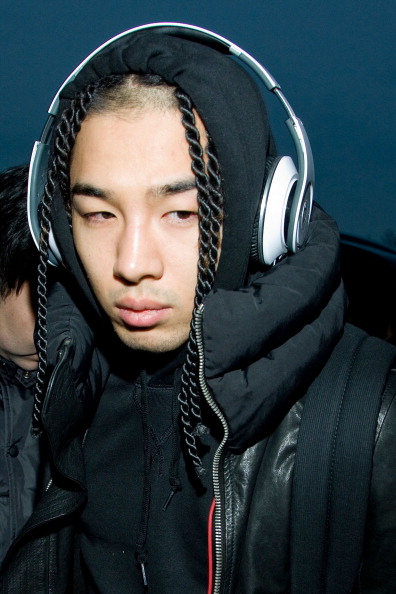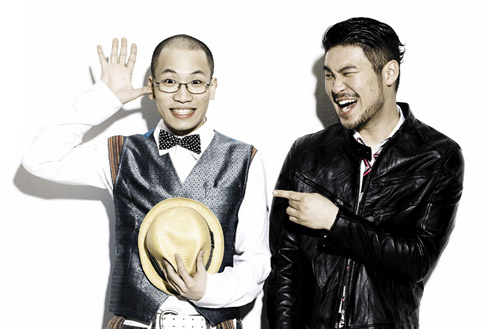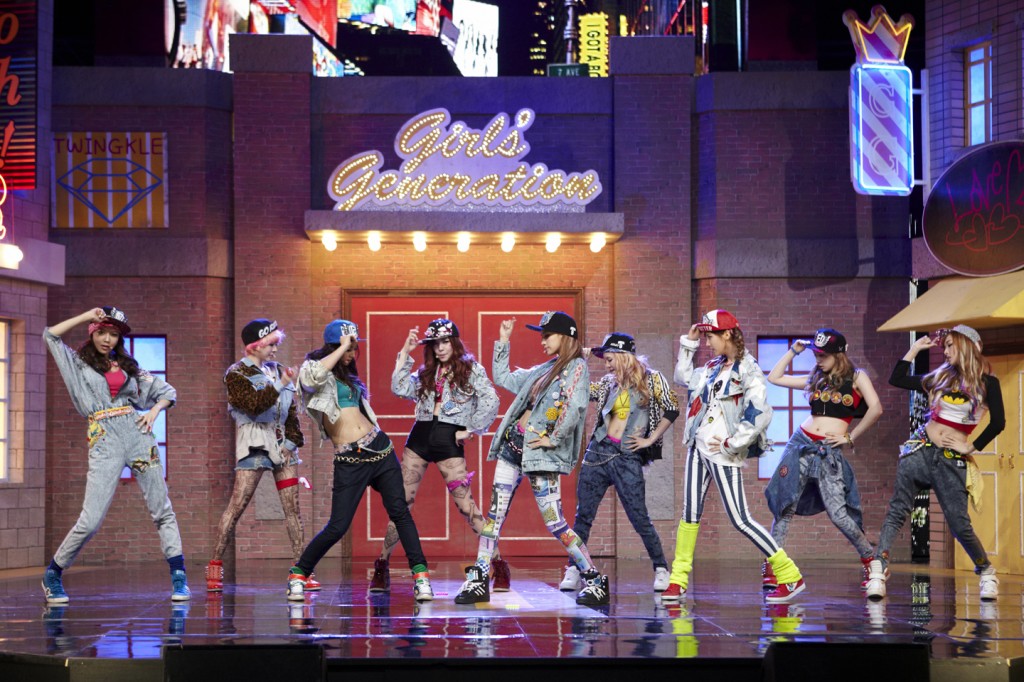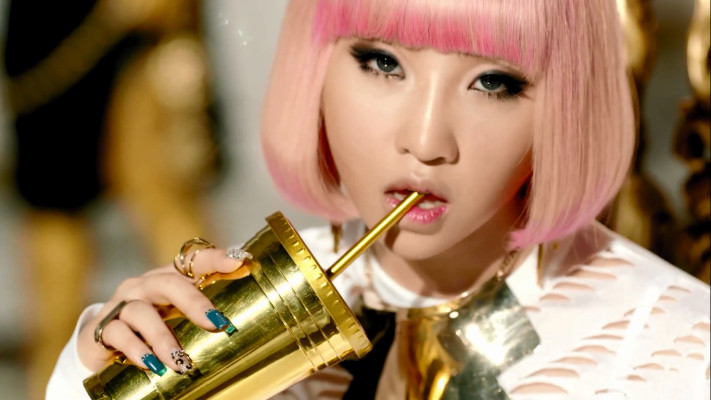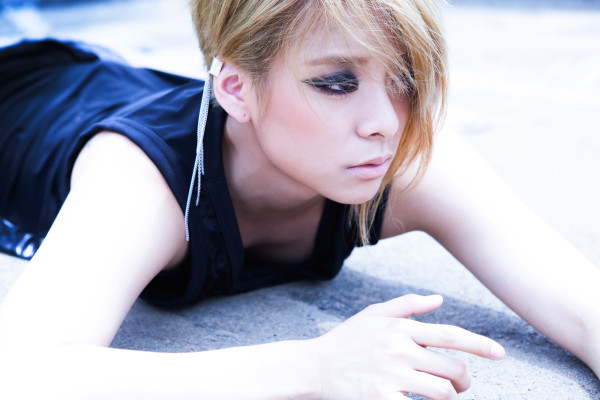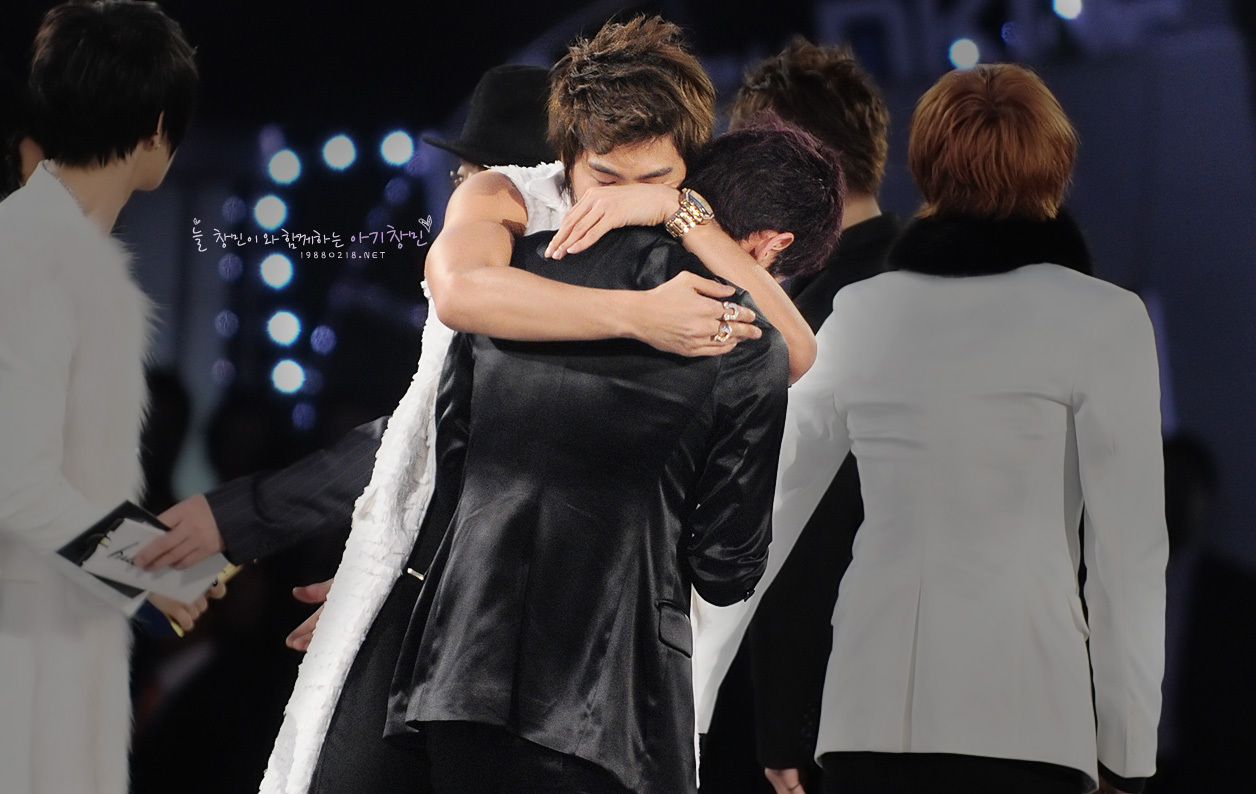There’s been a lot talk lately about the influx of hip-hop influences in the K-pop candy machine. Instead of our usual brightly colored and sexually subverted sickeningly sweet jams, K-pop has been growing and diversifying into darker sounds, with heavier basses, and more angst and attitude to go around. With this intense shift in popular concept, of course, comes new labels to assign to whatever is on the K-pop scene. And with so many oversized snapbacks and harem pants and gold chains and suggestive choreographies, what else could this be other than hip-hop?!
Haha, no.
We’ve harped on this subject a million times over to the point where I’m sure you must be rolling your eyes. So far on Seoulbeats cultural appropriation, particularly in the vein of hip-hop, has been a popular topic to throw on the table. And it certainly is a valid topic I think–such an enormous shift on the K-pop mainstream deserves to recognized and analyzed for what it’s worth. But I’m not so sure we’ve hit the nail on the head quite yet.
Let’s consider what K-pop has delivered to us in the past year alone. Rookie groups like B1A4, Block B, and B.A.P. can boast of having kids that actually spit a decent verse, and the trend of having an increasingly talented rapper in the rookie world has been on the rise. Veteran groups and artists that truly function in the hip-hop circle like Tablo, Epik High, Verbal Jint, and Dynamic Duo became more active and put more beats into circulation, making the hip-hop genre more relevant and accessible. Staple pop confections like G-Dragon and more recently SNSD have also lit up the scene with their versions of hip-hop swag.
But like any sort of new music comes a new image. The incorporation of clothing, hairstyles, and choreography more closely identifiable to hip-hop became instrumental and necessary for these K-pop acts to deliver on their promise of edgy and hard-hitting hip-hop concepts. However, this representation of style and sound on the K-pop mainstream left many disgruntled, and some even offended.
 And that’s fine–if you don’t appreciate the ways in which the K-pop scene has created hip-hop into a concept, if you can’t stand the lack of intellectual understanding and social context that hip-hop concepts have in K-pop, you are certainly entitled to that opinion. But let’s be honest here.
And that’s fine–if you don’t appreciate the ways in which the K-pop scene has created hip-hop into a concept, if you can’t stand the lack of intellectual understanding and social context that hip-hop concepts have in K-pop, you are certainly entitled to that opinion. But let’s be honest here.
How much intellectual understanding or social context can you expect from K-pop? The ‘pop’ in K-pop doesn’t stand for populous or popping or something like that. ‘Pop’ also doesn’t stand for [ap]p[r]op[riation].’Pop,’ in reference to music entertainment anywhere, stands for popular. As in, popular culture. Which means K-pop is Korean popular culture, or whatever is cool and popular in mainstream Korean music entertainment. Which means the mainstream is about to make whatever they’re doing the new it thing despite being even the most slightly educated on what it is they might be doing.
The hip-hop you see today in K-pop, what entertainment agencies are telling us are hip-hop concepts and hip-hop sounds, is not necessarily appropriation and it’s not necessarily hip-hop either. Rather, to call it appropriation would be giving K-pop too much credit, and to call it hip-hop would just be kind of a lame joke. It’s much more mindless than that; it’s popular culture, it’s a hype thing. It’s a system that’s going to commodify, bedazzle, and recycle trends until the day we die, no matter how uneducated we think it is or how upset it makes us.
Korean hip-hop is a whole other genre where real artists with real verses thrive without stunting cornrows or popping collars. Put shortly, they’re doing it right. But you can’t go looking for K-hip-hop in K-pop and you can’t really deride K-pop for trying to go hip-hop because that’s just what hype is and what hype does. If you want to accurately judge the validity of hip-hop culture in Korean entertainment, set your sights on something with a little more artistic quality and a little less capitalistic intent, i.e. something other than mainstream pop.
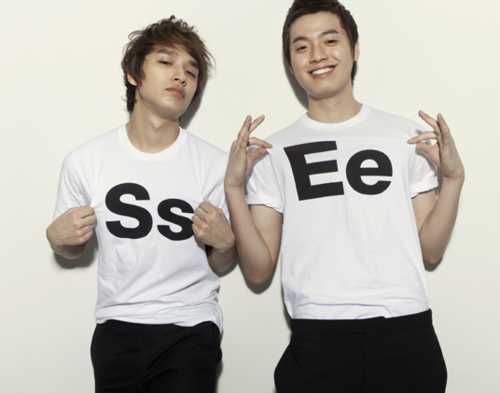 If anything, you should pity K-pop and the idols in the machine. They are only robbing themselves of real hip-hop music culture and inadvertently making a fool of themselves by haphazardly labeling the things they do as hip-hop. But of course, if they’re going to get a riot and good song out of it, I say, why can’t we?
If anything, you should pity K-pop and the idols in the machine. They are only robbing themselves of real hip-hop music culture and inadvertently making a fool of themselves by haphazardly labeling the things they do as hip-hop. But of course, if they’re going to get a riot and good song out of it, I say, why can’t we?
That’s all K-pop is anyways. It’s all so momentary and fleeting–yesterday was dubstep, today is hip-hop, tomorrow is, I don’t know, alternative electronica? So ask yourself, is it worth griping about whether it’s hip-hop or if it’s appropriation? Because at the end of the day it’s still K-pop. The same ol’ crap we’ve been buying into for years, and will probably still buy into for years to come.
I hope that made sense. Just thought I’d get a word out about this whole hip-hop on the mainstream being appropriation shpeel. Just remember, while the K-pop machine continues to brag about how much hip-hop swag they reppin’ nowadays, please, please, remember that it’s still not hip-hop. It’s K-pop, and it will be K-pop until the day it dies, which will probably be never. Nam sayin’?
Peace,
Nabeela
